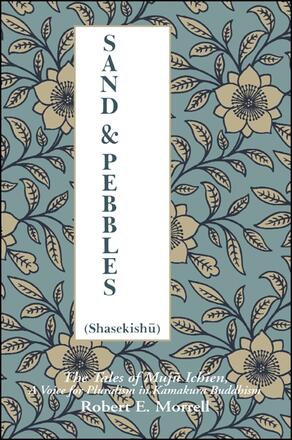
Sand and Pebbles
The Tales of Mujū Ichien, A Voice for Pluralism in Kamakura Buddhism
Alternative formats available from:
Description
Sand and Pebbles presents the first complete English rendering of Shasekishū--the classic, popular Buddhist "Tale Literature" (setsuwa). This collection of instructive, yet often humorous, anecdotes appeared in the late thirteenth century, within decades of the first stirrings of the revolutionary movements of Kamakura Buddhism. Shasekishū's author, Mujū Ichien (1226-1312), lived in a rural temple apart from the centers of political and literary activity, and his stories reflect the customs, attitudes and lifestyles of the commoners.
In Sand and Pebbles, complete translations of Book One and other significant narrative parts are supplemented by summaries of the remaining (especially didactic) material and by excerpts from Mujū's later work. Introduced by a historical sketch of the period, this work also contains a biography of Mujū. Illustrations, charts, a chronology, glossary of terms, notes, an extensive bibliography and an index guide the reader into a seldom seen corner of old Japan.
Mujū and his writings will interest students of literature as well as scholars of Japanese religion, especially Buddhism. Anthropologists and sociologists will discover details of Kamakura life and thought unrecorded in the official chronicles of the age.
Robert E. Morrell is Associate Professor of Japanese Language and Literature at Washington University in St. Louis, MO.